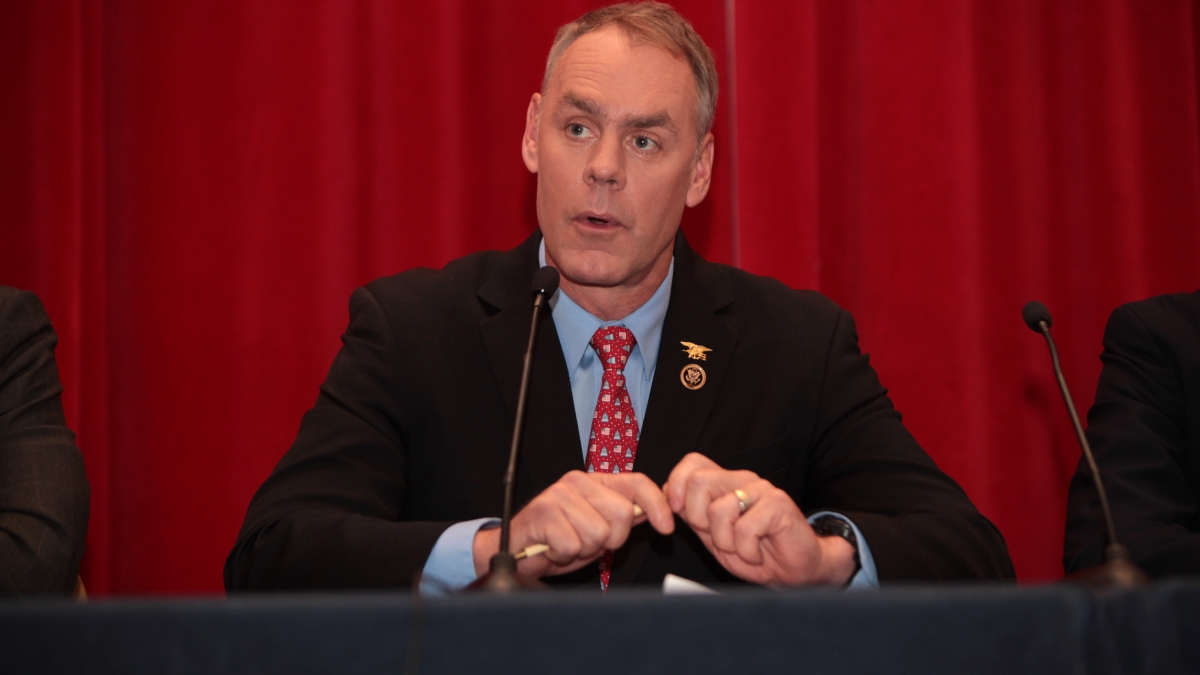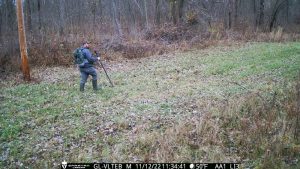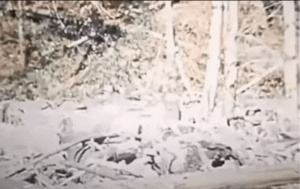Undergoing his confirmation hearing to officially become Secretary of the Interior on Tuesday, Montana Congressman Ryan Zinke was subject to a number of key questions surrounding national parks, resources, and wildlife.
A self-proclaimed “Teddy Roosevelt Republican,” Trump’s choice for interior secretary and the former Navy SEAL maintained his position that the federal government should maintain ownership of public swaths of land. Spreading himself across the National Park Service, Bureau of Land Management, Fish and Wildlife Service, and nine other agencies, Zinke will be the man solely responsible for the management of America’s cherished 640 million acres of public land and sportsmen and conservation organizations are paying close attention.
. @RepRyanZinke is an "unapologetic admirer of Theodore Roosevelt" hunter, naturalist whose legacy lives in our #publiclands. #keepitpublic pic.twitter.com/me84pfFL4s
— NWF Sportsmen (@NWFSportsmen) January 17, 2017
Public Lands in Public Hands
Zinke has remained steadfast in his approach to the management of federal public lands and remained relatively unequivocal on the issue during his hearing Tuesday. Once again relating to Roosevelt, Zinke noted that we too need to look ahead one hundred years when it comes to the management of our public lands.
While promising on the surface, the congressman did go on to defend his controversial position of House Resolution 5, which contains certain revisions that would make it easier to transfer federally managed lands to the state level. In eliminating the need to calculate budgetary impacts of transfers of public land, the rule would hypothetically make it easier to pass legislation granting the transfer to the state level.
Energy and Mining on Public Land
In keeping with the president-elect’s aggressive growth strategies and goals to build a robust economy, Zinke stated that he would entertain the idea of opening up additional federal lands for energy and mineral extraction purposes. While we are all very much interested in a strong and healthy economy, we first must evaluate the downside of additional extraction in wild places. In addition to speeding climate change – which Zinke declared was “not a hoax”, extraction practices also pollute the environment and can cause irreversible damage to wildlife habitat, causing concern among conservationists.
The decision to expand extraction projects could directly affect the health of public lands moving forward.
Other Issues
Obviously, the hearing covered a plethora of issues, all of which cannot be covered in this article. Additionally, Zinke stated that he was going to “stamp out” sexual harassment in National Parks and called on the federal government to defer to states on managing national monuments.
“States that like their monuments, the state’s comfortable with monument, I would be an advocate,” Zinke said. “If the state is upset with a monument, and has a plan different from what we’ve done, I think we should defer a lot of that to the state.”
Zinke also made a statement that he planned to improve relations with Alaska, whose relationship has been tenuous with outgoing Secretary Sally Jewell. The state has lost access to lands and waters vital to the state’s economy and Sen. Lisa Murkowski hopes to see that change under the new administration.
How Will It All Pan Out?
Simply put; it’s too early to tell. Congressman Zinke seems to be someone hunters and anglers can believe in, given the fact that he himself is an avid public lands user and sportsman himself.
While certain positions he holds can be seen as contradictory, he is resonating with anglers and hunters who are in general agreement that he will be a strong and effective leader for the Interior Department.




